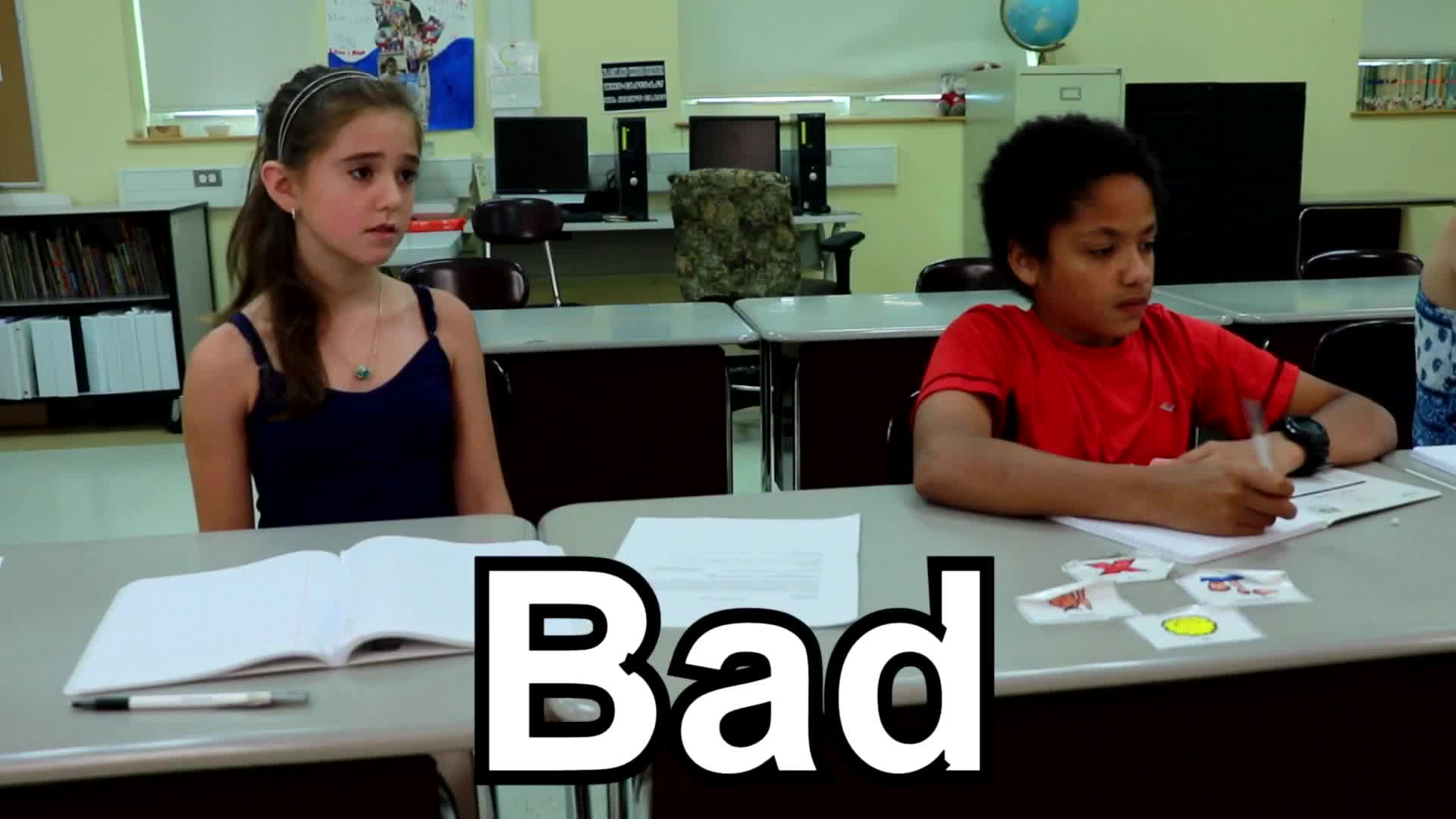
Introduction
Social-Emotional Learning (SEL) is a crucial part of a child’s development, helping them to understand and manage their emotions, make responsible decisions, and navigate social situations. One common challenge faced by elementary students is the temptation to copy inappropriate behavior exhibited by their peers. This blog post will guide educators through an activity designed to teach students the importance of maintaining appropriate behavior in the classroom, even when others are misbehaving.
No-Prep Activity
Here is a simple, no-prep activity that will help students understand the consequences of copying inappropriate behavior and encourage them to make better choices.
Role-Play Scenarios
Divide your students into small groups and provide them with a scenario that involves a student exhibiting inappropriate behavior, similar to the situation with Julie and Devin in the introduction. Instruct the students to take turns playing the roles of the ‘rule follower’ and the ‘rule breaker’. Encourage them to think about the consequences of their actions and discuss how they can make better choices in the future.
For example, one scenario could be a student talking loudly instead of whispering in the library. The ‘rule breaker’ will be the loud student, and the ‘rule follower’ will have to decide whether to copy the behavior or choose a more appropriate action.
Discussion Questions
After completing the role-play activity, facilitate a group discussion using the following questions:
- Why do you think some students are tempted to copy inappropriate behavior?
- How did it feel to be the ‘rule follower’ and make a better choice in the role-play scenario? How did it feel to be the ‘rule breaker’?
- What are some other ways you can make your friends laugh or have fun without copying negative behavior?
- What can you do if you see someone else misbehaving in class, and you feel tempted to join them?
- How do you think your choices and actions affect those around you, including your classmates and your teacher?
Related Skills
Beyond teaching students about appropriate classroom behavior, other relevant SEL skills include:
- Empathy: Understanding and sharing the feelings of others.
- Impulse Control: The ability to regulate one’s emotions and actions.
- Decision-Making: Evaluating the potential outcomes of a situation and making informed choices.
- Conflict Resolution: Effectively managing disagreements and finding mutually agreeable solutions.
- Communication Skills: Expressing oneself clearly and respectfully, while also being an active listener.
Next Steps
Now that you have a better understanding of how to teach students about appropriate behavior in the classroom, consider exploring additional resources to further develop their SEL skills. Sign up for free samples of skill-building activities and resources from Everyday Speech to help your students grow both personally and academically.

